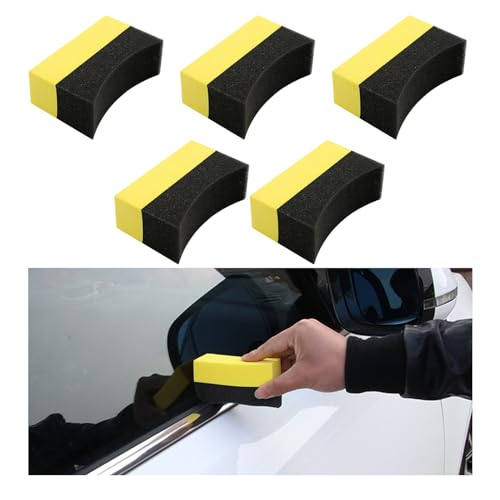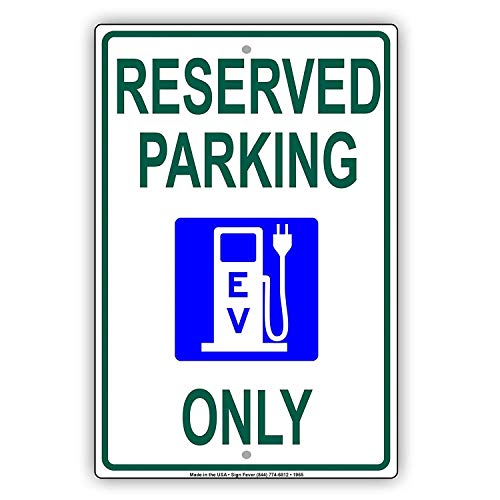I got the car primarily for the BIK. I need a bit car for work but didn't want to pay too much tax as personal use is not a huge benefit to me. With the Outlander PHEV I pay just £100 a month for the car a private fuel and don't have to worry about recording mileage.
I try to charge when possible but won't charge at home so it will not be that common. Currently I charge at a park and ride for free or try to find hotels with charging points.
On petrol alone, it is very comfortable to drive (although only do about 20k miles a year). More than powerful enough. And returns about 35-38 mpg in my hands at 70 mpg cruising.
I try to charge when possible but won't charge at home so it will not be that common. Currently I charge at a park and ride for free or try to find hotels with charging points.
On petrol alone, it is very comfortable to drive (although only do about 20k miles a year). More than powerful enough. And returns about 35-38 mpg in my hands at 70 mpg cruising.



































